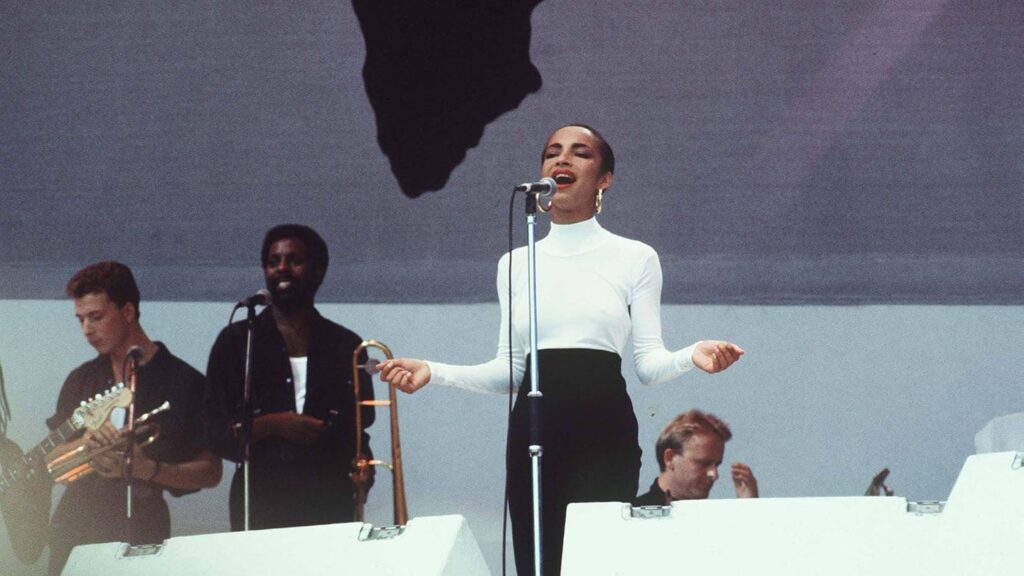
Introduction
Live Aid, held on July 13, 1985, is renowned as one of the most significant charity concerts in music history. Organized by musicians Bob Geldof and Midge Ure, the event aimed to raise funds for famine relief in Ethiopia, addressing a severe humanitarian crisis. Its importance lies not only in the funds raised but also in its role in uniting artists and fans around a common cause, setting a precedent for future charity events.
The Event and Its Impact
Live Aid took place simultaneously at Wembley Stadium in London and JFK Stadium in Philadelphia, featuring an eclectic lineup of artists including Queen, U2, David Bowie, and Elton John. With an estimated audience of 1.5 billion people across 150 nations, it was a monumental moment for global awareness of poverty and famine. The concert managed to raise over $125 million for relief efforts, which had a direct impact on alleviating the famine in Ethiopia.
The success of Live Aid also paved the way for future charity concerts and initiatives. Notable follow-up events include Live 8 in 2005 and the ongoing work of the Band Aid charity. The concert’s legacy is evident in the music industry’s ongoing commitment to social responsibility, with artists frequently leveraging their platforms for philanthropic causes.
Continuing Relevance and Legacy
In today’s context, the principles behind Live Aid remain as relevant as ever. Issues like global poverty, climate change, and humanitarian crises continue to demand urgent attention. The event serves as a reminder of the power of music to create change and bring people together, transcending geographical and cultural barriers.
Modern initiatives, such as virtual concerts and live-streaming events, pay homage to Live Aid’s spirit by raising funds and awareness for pressing global issues. Social media has also transformed how future charity efforts can engage audiences, making it easier to mobilize support and resources quickly.
Conclusion
Live Aid stands as a testament to what can be achieved when the music industry unites for a common cause. Its impact is felt to this day, inspiring generations of artists and fans to partake in philanthropic ventures. As we continue to face global challenges, the lessons learned from Live Aid—collaboration, unity, and hope—remain crucial in our efforts for change.



